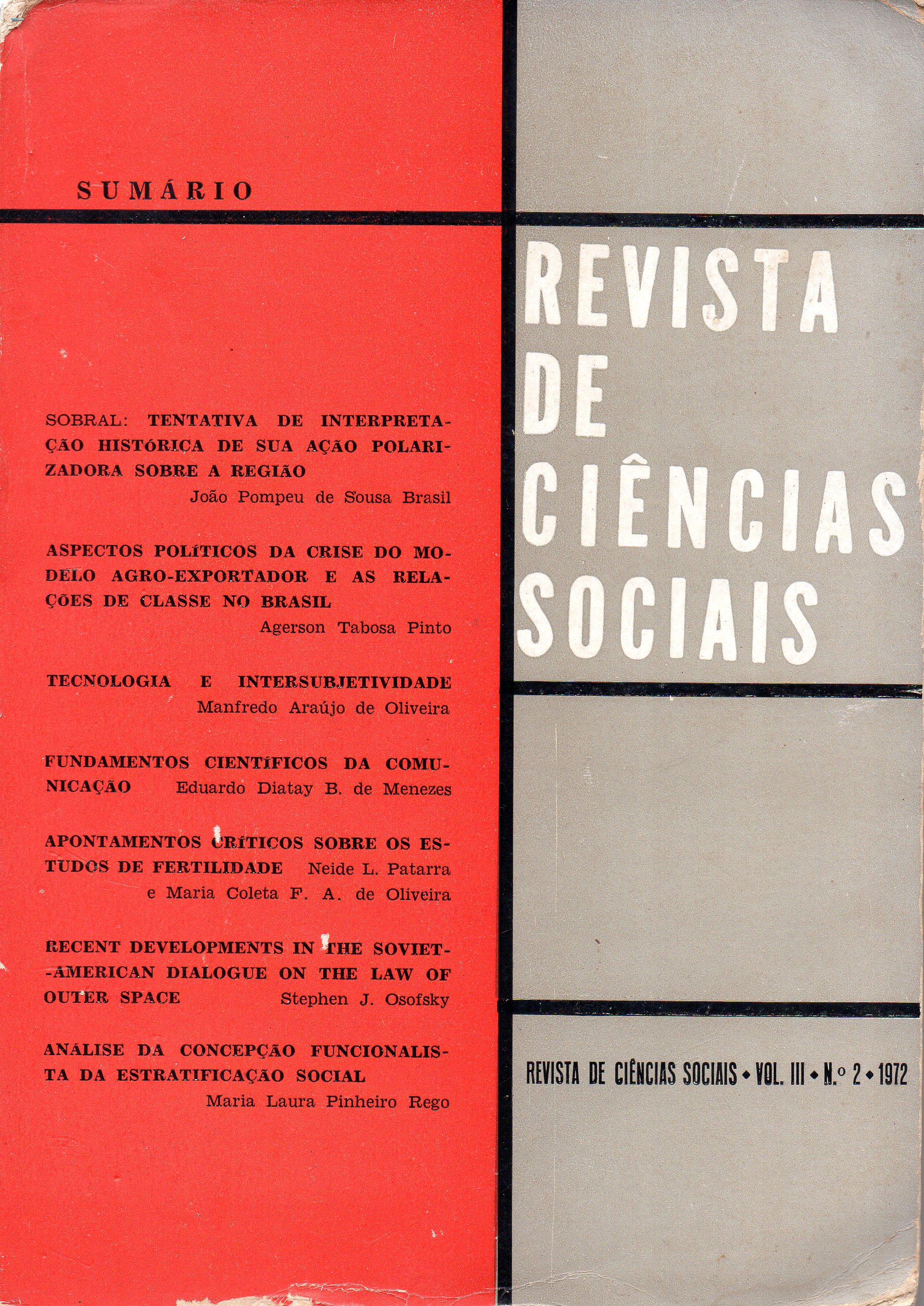Recent developments in the Soviet-American dialogue on the law of the outer space
Resumen
With the launching of the first artificial satellite, Sputnik I, by the Soviet Union in 1957 the Soviets as well as other nations carne to regard it as a practical necessity to earnestly strive toward agreements on various aspects of the legal regime of outer space. To this end Sovíet jurists developed what they put forward as fundamental principies of the new branch of international law known as space law. However, just as among non-Soviet jurists, there were considerable divergences among them in respect of interpretation, aplication and definition of these fundamentais, as C. Wilfred Jenks has noted. Apparently Marxism-Leninism did not provide pointers to and through the stars. Most of the Soviet literature was in article form, appearing in in the Soviet Yearbook on International Law, the journals Soviet State and Law, and International Affairs. There were prior to 1966 few books devoted to space law. Among these the most noteworthy were, "The Way to Cosmic Law" (1962) by Kavalev and Cheprov's "The Cosmos and International Law", edited by Korovin (1962), and Zhukov's, "The Cosmos and International Cooperation". In 1966 two major books on space Iaw were published and a steady although hardly torrential flow of articles has followed. Taking the advent of these two books as ushering in a period of clarification of their earlier views. I will address the rest of this article to an analysis of the 1966-1970 literature.
Descargas
Descargas
Publicado
Cómo citar
Número
Sección
Licencia
Autores que publicam nesta revista concordam com os seguintes termos:- Autores mantém os direitos autorais e concedem à revista o direito de primeira publicação, com o trabalho simultaneamente licenciado sob a Creative Commons Attribution License, que permite o compartilhamento do trabalho com reconhecimento da autoria do trabalho e publicação inicial nesta revista.
- Autores têm autorização para assumir contratos adicionais separadamente, para distribuição não-exclusiva da versão do trabalho publicada nesta revista (ex.: publicar em repositório institucional ou como capítulo de livro), com reconhecimento de autoria e publicação inicial nesta revista.
- Autores têm permissão e são estimulados a publicar e distribuir seu trabalho online (ex.: em repositórios institucionais ou na sua página pessoal) a qualquer ponto antes ou durante o processo editorial, já que isso pode gerar alterações produtivas, bem como aumentar o impacto e a citação do trabalho publicado (Veja O Efeito do Acesso Livre).



